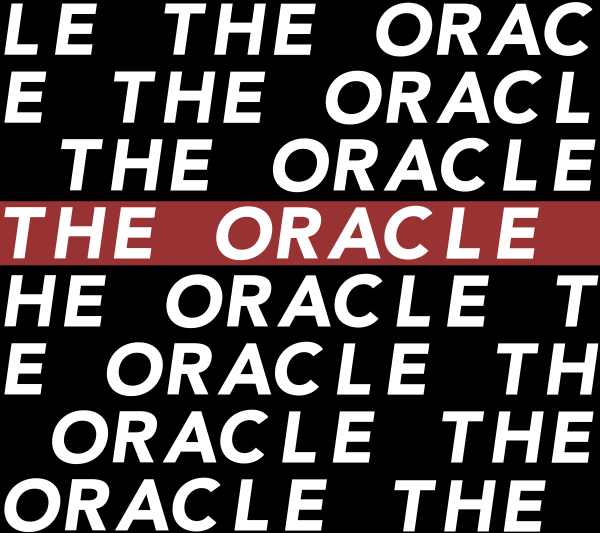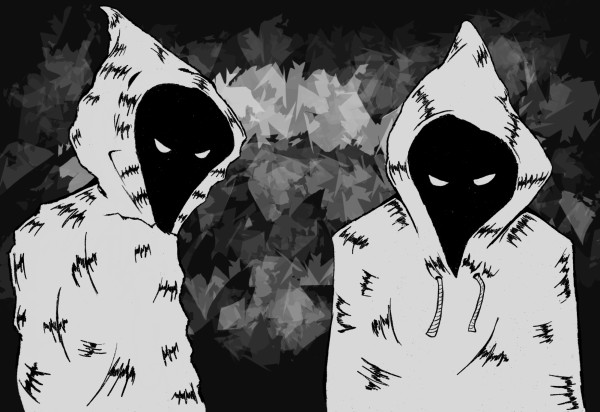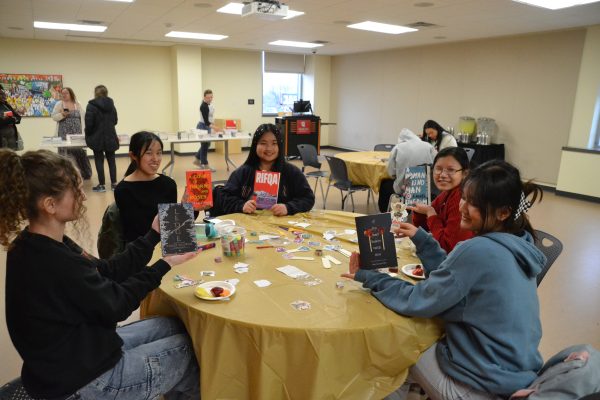A lens of the past
Fifty years after the political and social upheaval of 1968, the Hamline community reflects on what was learned.
December 6, 2018
1968 was a significant year in U.S. history, one that saw America’s fourth year of involvement in the Vietnam war and massive student protests sweeping the nation.
Fifty years later, Hamline faculty, students and members of the community are exploring the political, social and cultural movements of the era and considering how the events of 1968 compare to the ongoing political divisiveness being experienced today.
1968 was a year of cultural upheaval and unprecedented violence, marked by the assassination of Martin Luther King Jr. and Robert Kennedy as well as students rioting in protest of the Vietnam war.
It was also a time of sharp political divide after President Lyndon Johnson unexpectedly announced he would not be seeking re-election. Candidates in the Democratic party emerged on either side of the Vietnam debate, with vice president and Minnesota native Hubert Humphrey supporting the war and Robert Kennedy and Gene McCarthy running on anti-war platforms.
Nurith Zmora, Hamline professor of history, hopes to explore the social, political and cultural movements of 1968 in her spring 2019 course “The 1960s in Global Perspective.”
“We always make it about ourselves, with Vietnam and civil rights, but this is worldwide,” Zmora said. “That is a question which plagues historians, why did this happen everywhere at once?”
Zmora gave a tempered response to how the often divisive issues of 2018 compare with events fifty years ago.
“It changed history, it changed how we study history,” Zmora said. “The ‘60s went so radical that they destroyed radicalism. Today is different, we don’t have the violence of the assassinations, and the riots that came after, but it’s worrying. Attacks on academia, on free speech, it’s all worrying. Is it worse? Not yet.”
David Lebedoff, a Minneapolis attorney, was on the front lines of the action during 1968, helping manage Humphrey’s presidential campaign in Minnesota. He remembers the violence and political turbulence that characterized 1968, but what stood out to him was the stark division the war created which he compares to today’s political environment.
“1968 was over an issue and the issue was Vietnam. But today there isn’t a single issue that divides people or parties,” Lebedoff said.
While Zmora will be exploring 1968 through the context of a historian, adjunct English professor and composer Davu Seru spent this fall teaching a course that considers 1968 through literature. The course, called “1968 in U.S. Imagination” approached 1968 through the literature and art surrounding nearly a decade of American history.
Seru has a particularly strong personal connection to the events of 1968. That year, his great-uncle, then a young man living in St. Paul, murdered a man in response to the assassination of MLK.
Although the shooting took place ten years before Seru was born, he’s grown up hearing the story. His ongoing interest in the year, what it meant to people then and what it might mean now made his decision to teach the course this fall.
Seru said he posed the course “as a sort of question about how we imagine that time” with a goal of understanding its history “so that we might know something more about our present such that a future might be possible.”





